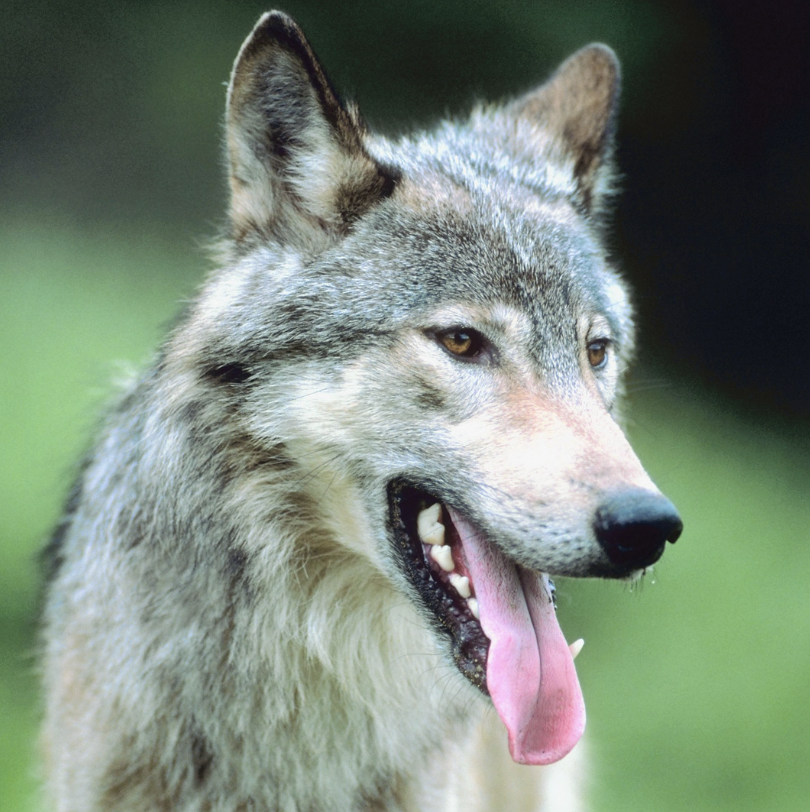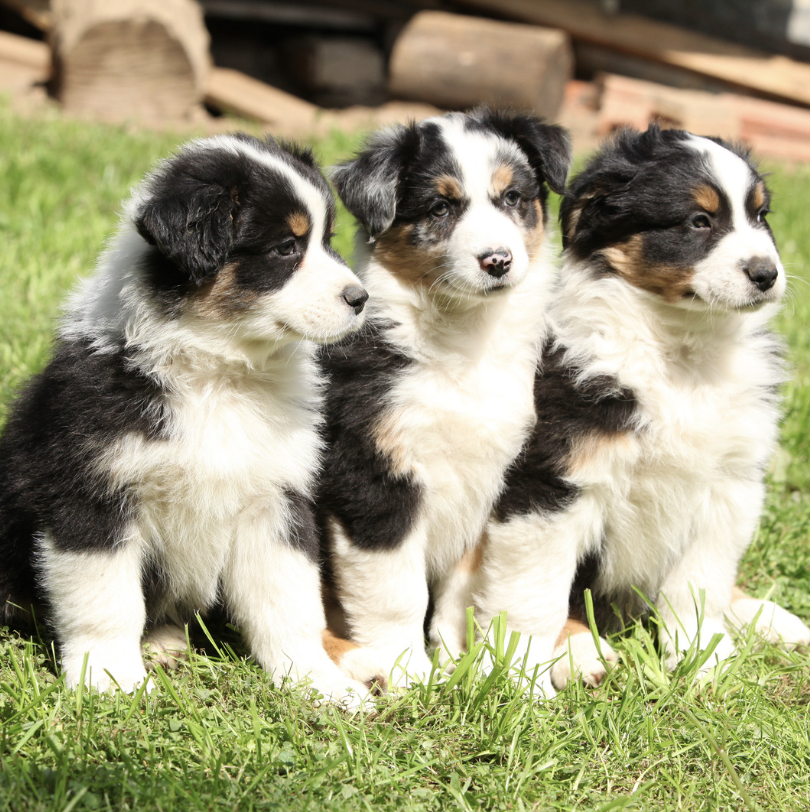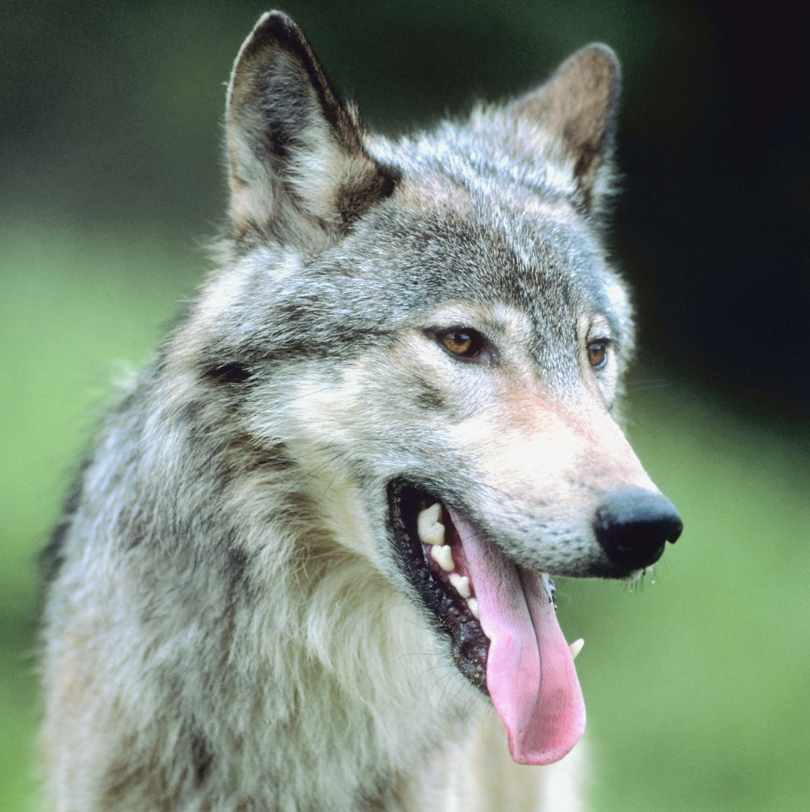The myth of the ALPHA DOG!

If you’re a dog parent, you’ve likely heard the term ‘dominance’ and ‘alpha dog’ before. By definition, dominance means having power or influence over others. Perhaps you’ve seen a dog at the dog park or in a playgroup that seems to ‘overpower’ the others. Or maybe the dog even gives off the vibe that it’s ‘in charge’. For years we’ve been erroneously taught that there is an alpha dog in any dog pack. The alpha dog is the leader, the one in charge.
But really…
The Truth About The Alpha Dog
When you see dominance in dogs, they are not fighting to achieve alpha status. Science has long since debunked this theory by the scientists that came up with it.
Positive reinforcement dog training has spent the past 30 years making sure our clients understand the entire story.
In the 1940s, Rudolph Schenkel conducted a study on wolves, in which the theory that the alpha wolf received priority access to resources, then this logic was applied to dogs. Pack theory was born! Schenkel didn’t study wolves in the wild but wild-caught, captive wolves, none from the same family or pack, juvenile males traveling alone, with no pack, stressed, and now living in a concrete cage with no resources. These animals did not behave like a wolf pack but as prisoners. Another researcher Dr. Mech found many flaws in this research and decades later (2000) studied wolves in the wild with little human interference. Dr. Mech and many other scientists have found that wolf packs are a family unit, with mom and dad being the alpha male and female, with offspring being family units; there is no fighting to the top or dominance. They’re at the top because they are the parents, just as our parents were leaders. Aggression never happens in stable relationships.

Another major flaw in this theory is that dogs aren’t wolves! Dogs descended from wolves and share 99.9 % of their DNA. Humans and chimps also share a surprising 98.8 percent of their DNA context.
Dogs have been studied for 30 years in the wild, feral, and street dogs worldwide. They are found to travel and live in packs when environmental pressures prove necessary for safety. They are equally found successful in living solitary lives or in pairs. No science proves that dogs are pack animals. Dogs living with humans depend entirely on humans for a social outlet to meet their needs. As pack theory suggests, there is no need for a rigid social structure. Dogs are opportunists that adapt well to our lives and have learned in their evolutionary process to communicate with and adapt to their human way of life.
This need for humans to label all behaviors we don’t like as “bad” and “dominant” is unhelpful. When a dog jumps on a human, it is to greet, smell, and out of excitement, not “dominance.” When our dogs jump on the sofa, it is for warmth, comfort, and closeness. All these years and, still, we’re punishing our dogs for wanting to explore and be closer to us. Recent studies have shown that dogs respond emotionally to their guardians/owners as they would to parents. So many get shamed for thinking of our pets as children.
What’s important here is to understand and learn what our animals are communicating; this is how we can be the best dog parents. Let us know what you think in the comments below!
Leave a Reply Cancel reply
Underdogs Long Beach uses force-free dog training methods to build relationships between dogs and owners.
© Underdogs long beach | Legal
